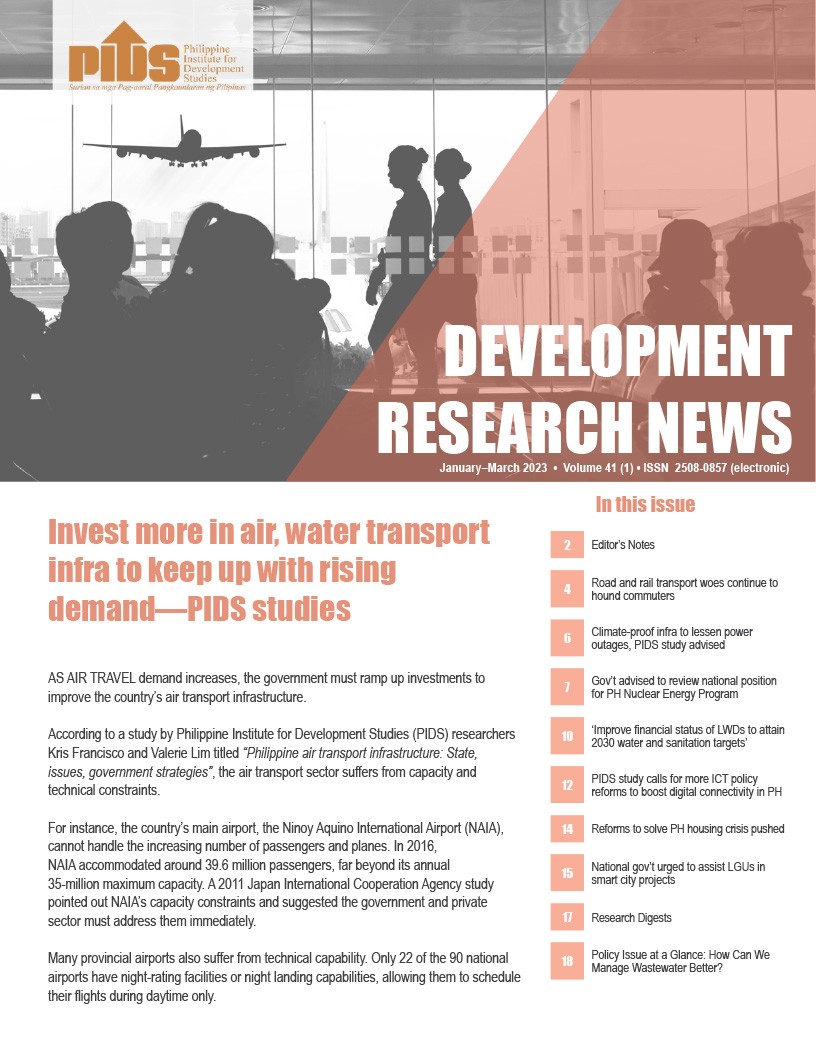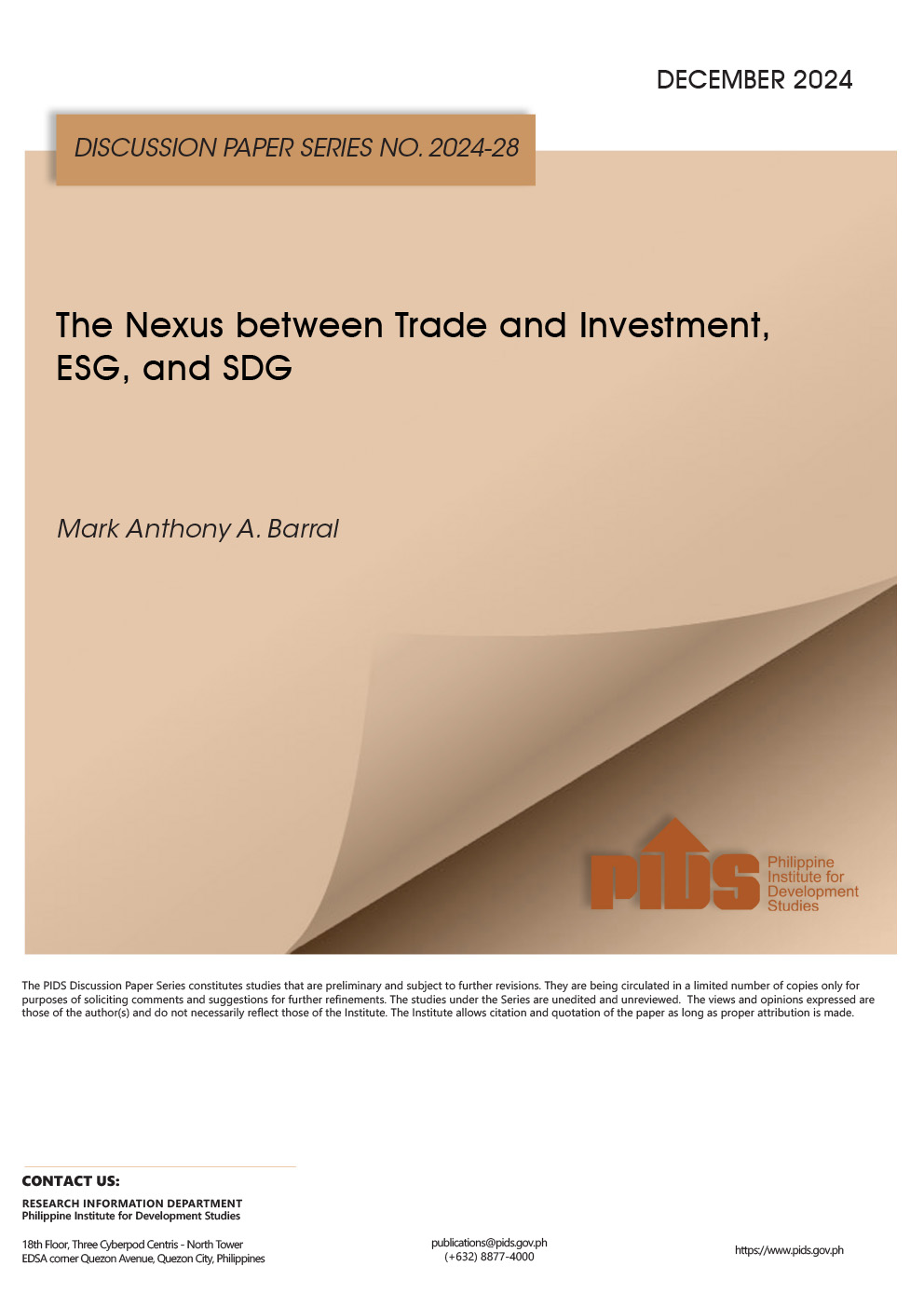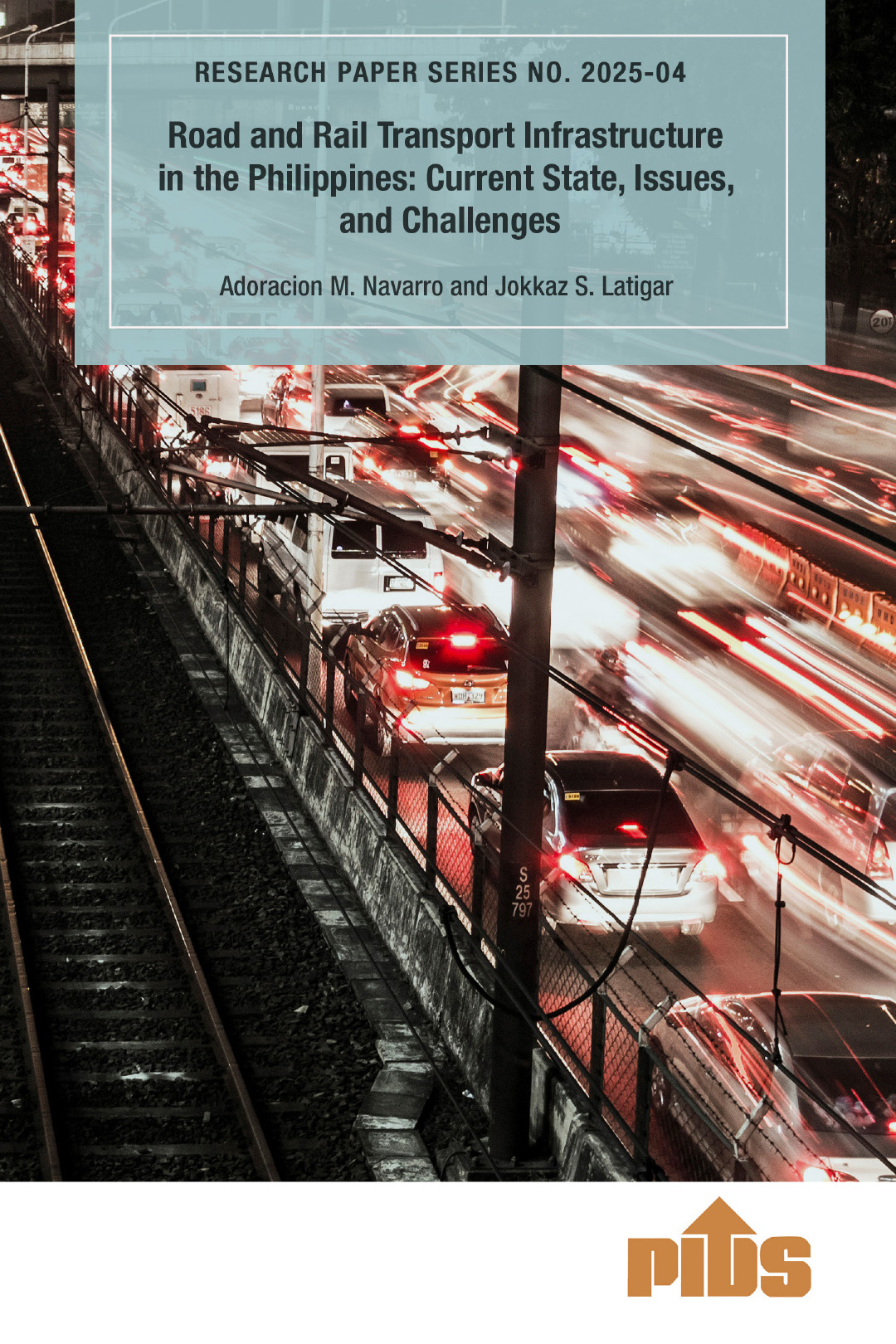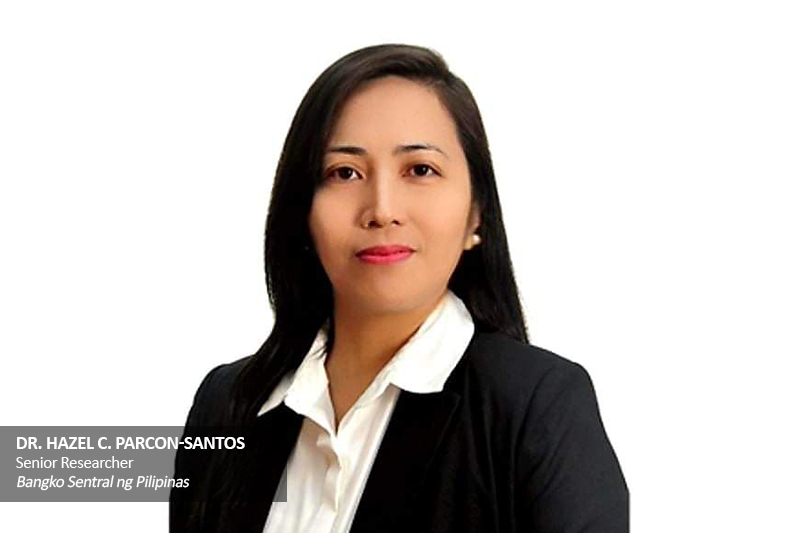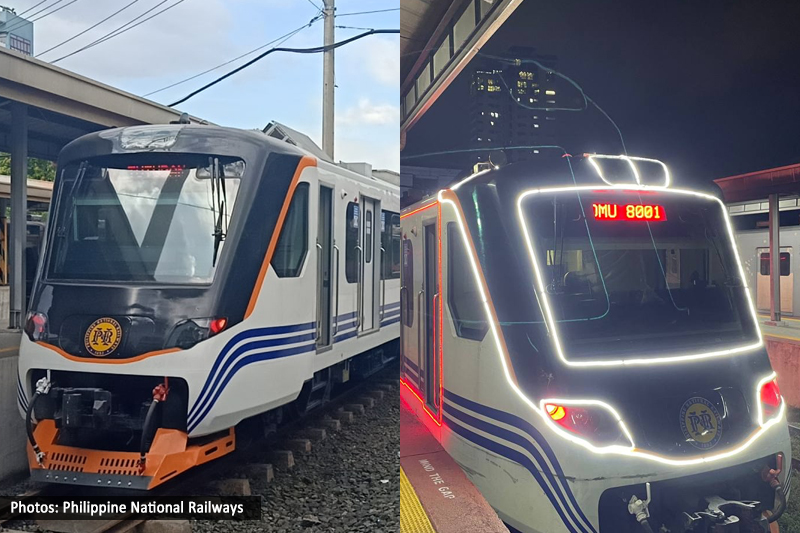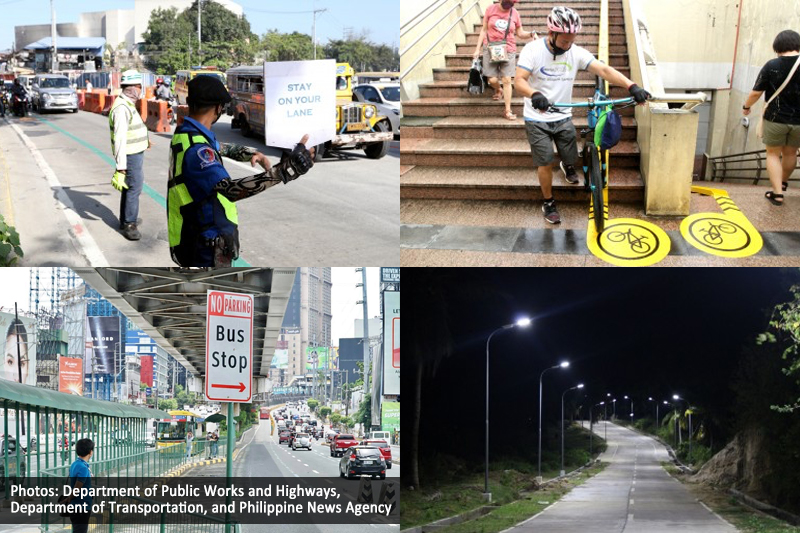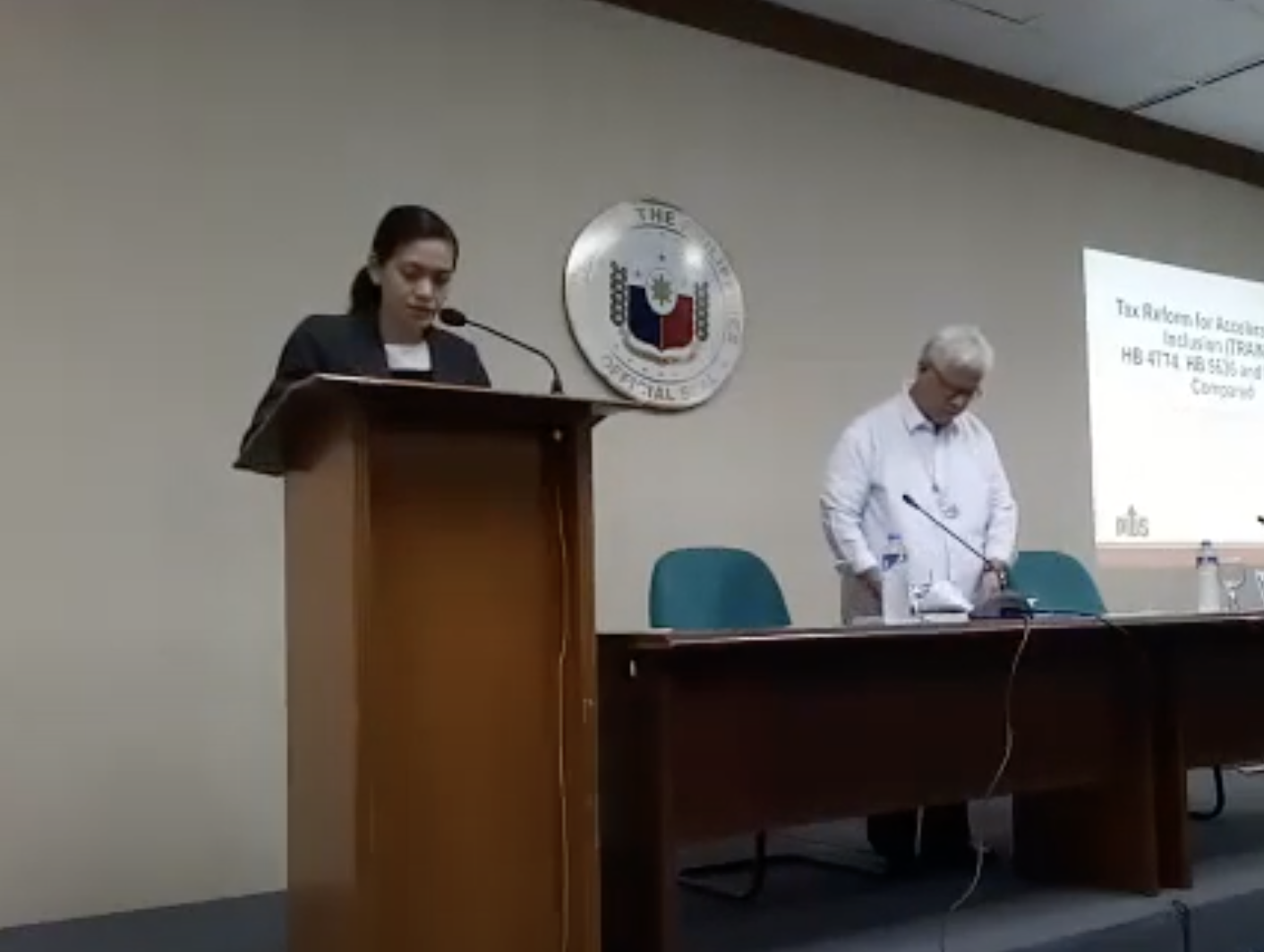In the decade since the Aurora Pacific Economic Zone (Apeco) was established in the town of Casiguran in Aurora, almost P2.5 billion has been spent for it. Yet, for all its promises of “progress,” the project has mostly done harm, upending the lives of poor communities and frittering away vast sums of taxpayer money, even while no semblance of development has emerged.
But this failure stands to be rewarded should Sen. Sonny Angara’s Senate Bill No. 1592, his version of the Duterte administration’s tax reform initiative, pass
Provisions in SB 1592 imposing a zero-VAT rate on goods and services rendered to entities within special economic zones or free port authorities—Sections 20A2a and 21B2—will unfairly benefit white elephants such as Apeco.
Angara-made free port. The Angara family’s history with ecozones is revealing. Republic Act. No. 9490 was passed in 2007, which established the Aurora Special Economic Zone championed by then Aurora Representative Angara. In 2010, this was expanded through RA 10083 to cover 12,923 hectares in Casiguran. First couched as a light industrial hub, Apeco is envisioned to become an online gaming den, despite having prepared no credible feasibility studies throughout its 10-year existence.
Yet, Senator Angara’s defense of Apeco has persisted despite constant opposition to the project. In 2008 the Department of Finance called for a moratorium on new free ports. At least three former directors general of the National Economic and Development Authority—Solita Monsod, Cielito Habito and Felipe Medalla—have voiced concerns over the project. And in December 2012 Casiguran residents marched to Manila to demand the abolition of Apeco.
Angara’s involvement with Apeco throws into question the credibility of any tax proposal that will empower the ecozone his family has established. In Apeco, the major beneficiary of such a move is likely to be the Asian Prestige Entertainment Corp., a secretive entity providing gambling licenses for operators who will be located in the free port.
Rewarding failure. Yet even beyond Angara’s role in Apeco’s creation, the passage of his tax measure is poised to reward the wastage of Filipino taxpayer money. According to the end-2016 Commission on Audit report on Apeco, over P416 million of Apeco’s spent funds has been penalized with a notice of disallowance for transactions that are “illegal,” “irregular,” or “unconscionable.”
The 2016 COA report also affirms other grave problems concerning the free port, including the finding that throughout its 10 years, Apeco has failed to secure any cash inflow from investment generation.
Why then do free ports such as Apeco stand to receive even more special tax treatments?
Encouraging white elephants. But such failures are not unique to Apeco. In a November 2013 Policy Note, Dr. Rosario G. Manasan of the Philippine Institute for Development Studies questioned the need for more ecozones, given their dismal record as tools for regional development, and their role in exacerbating smuggling nationwide.
The great risk now is that passage of Angara’s tax measure will serve to encourage politicians to establish more free ports and similar projects, despite their mostly resulting in untold wastage of taxpayer money.
Good public policy should not prioritize a few over the lives of many. Like Apeco, his antipoor free port, Angara’s tax provisions on ecozones are skewed toward those who stand to benefit from the operations of free ports—including gambling operators, land speculators, smugglers, and other vested interests.
Make no mistake: Senator Angara’s tax bill, if it is passed, will make for bad public policy.
Manuel Angulo is the media coordinator of Task Force: Anti Apeco. He graduated from Ateneo de Manila University in 2016.
But this failure stands to be rewarded should Sen. Sonny Angara’s Senate Bill No. 1592, his version of the Duterte administration’s tax reform initiative, pass
Provisions in SB 1592 imposing a zero-VAT rate on goods and services rendered to entities within special economic zones or free port authorities—Sections 20A2a and 21B2—will unfairly benefit white elephants such as Apeco.
Angara-made free port. The Angara family’s history with ecozones is revealing. Republic Act. No. 9490 was passed in 2007, which established the Aurora Special Economic Zone championed by then Aurora Representative Angara. In 2010, this was expanded through RA 10083 to cover 12,923 hectares in Casiguran. First couched as a light industrial hub, Apeco is envisioned to become an online gaming den, despite having prepared no credible feasibility studies throughout its 10-year existence.
Yet, Senator Angara’s defense of Apeco has persisted despite constant opposition to the project. In 2008 the Department of Finance called for a moratorium on new free ports. At least three former directors general of the National Economic and Development Authority—Solita Monsod, Cielito Habito and Felipe Medalla—have voiced concerns over the project. And in December 2012 Casiguran residents marched to Manila to demand the abolition of Apeco.
Angara’s involvement with Apeco throws into question the credibility of any tax proposal that will empower the ecozone his family has established. In Apeco, the major beneficiary of such a move is likely to be the Asian Prestige Entertainment Corp., a secretive entity providing gambling licenses for operators who will be located in the free port.
Rewarding failure. Yet even beyond Angara’s role in Apeco’s creation, the passage of his tax measure is poised to reward the wastage of Filipino taxpayer money. According to the end-2016 Commission on Audit report on Apeco, over P416 million of Apeco’s spent funds has been penalized with a notice of disallowance for transactions that are “illegal,” “irregular,” or “unconscionable.”
The 2016 COA report also affirms other grave problems concerning the free port, including the finding that throughout its 10 years, Apeco has failed to secure any cash inflow from investment generation.
Why then do free ports such as Apeco stand to receive even more special tax treatments?
Encouraging white elephants. But such failures are not unique to Apeco. In a November 2013 Policy Note, Dr. Rosario G. Manasan of the Philippine Institute for Development Studies questioned the need for more ecozones, given their dismal record as tools for regional development, and their role in exacerbating smuggling nationwide.
The great risk now is that passage of Angara’s tax measure will serve to encourage politicians to establish more free ports and similar projects, despite their mostly resulting in untold wastage of taxpayer money.
Good public policy should not prioritize a few over the lives of many. Like Apeco, his antipoor free port, Angara’s tax provisions on ecozones are skewed toward those who stand to benefit from the operations of free ports—including gambling operators, land speculators, smugglers, and other vested interests.
Make no mistake: Senator Angara’s tax bill, if it is passed, will make for bad public policy.
Manuel Angulo is the media coordinator of Task Force: Anti Apeco. He graduated from Ateneo de Manila University in 2016.

